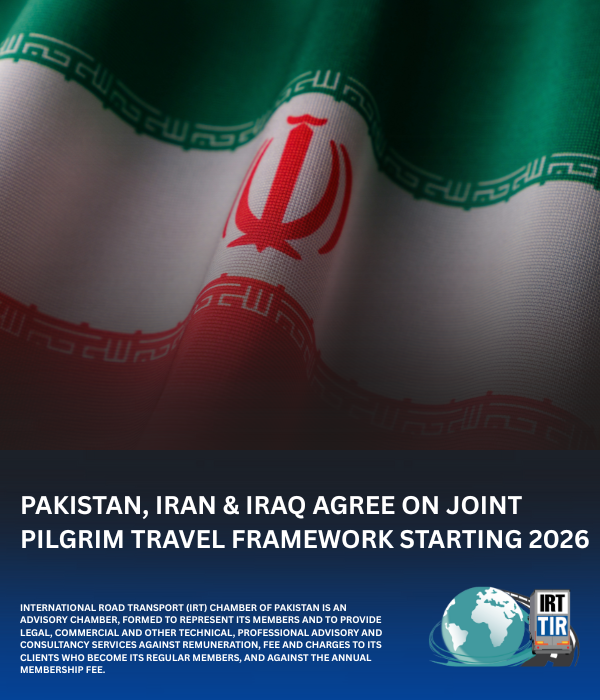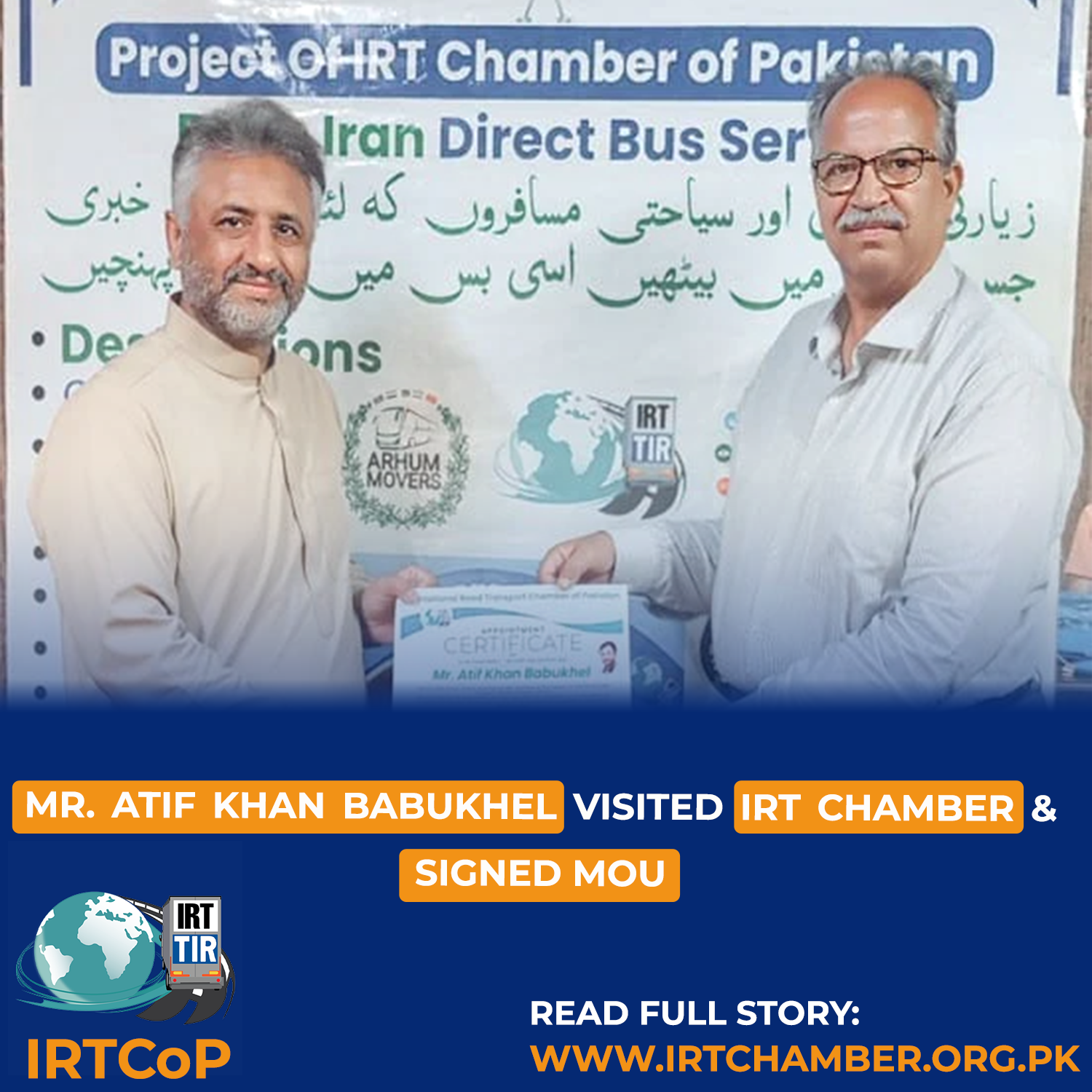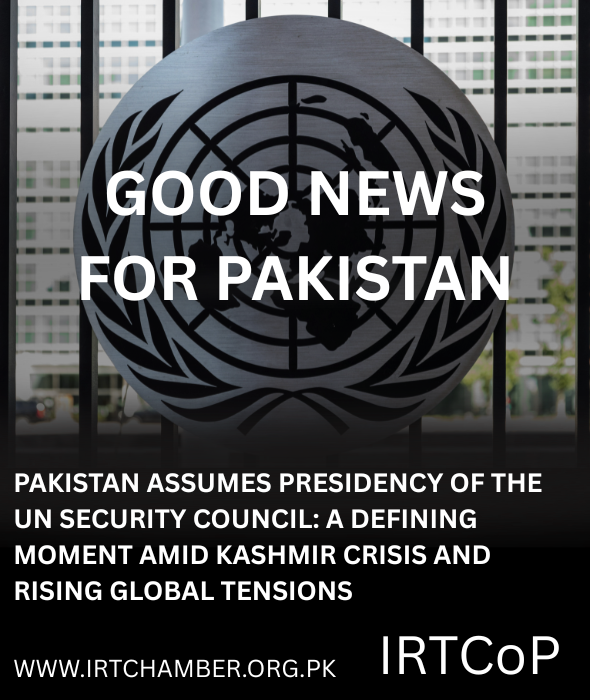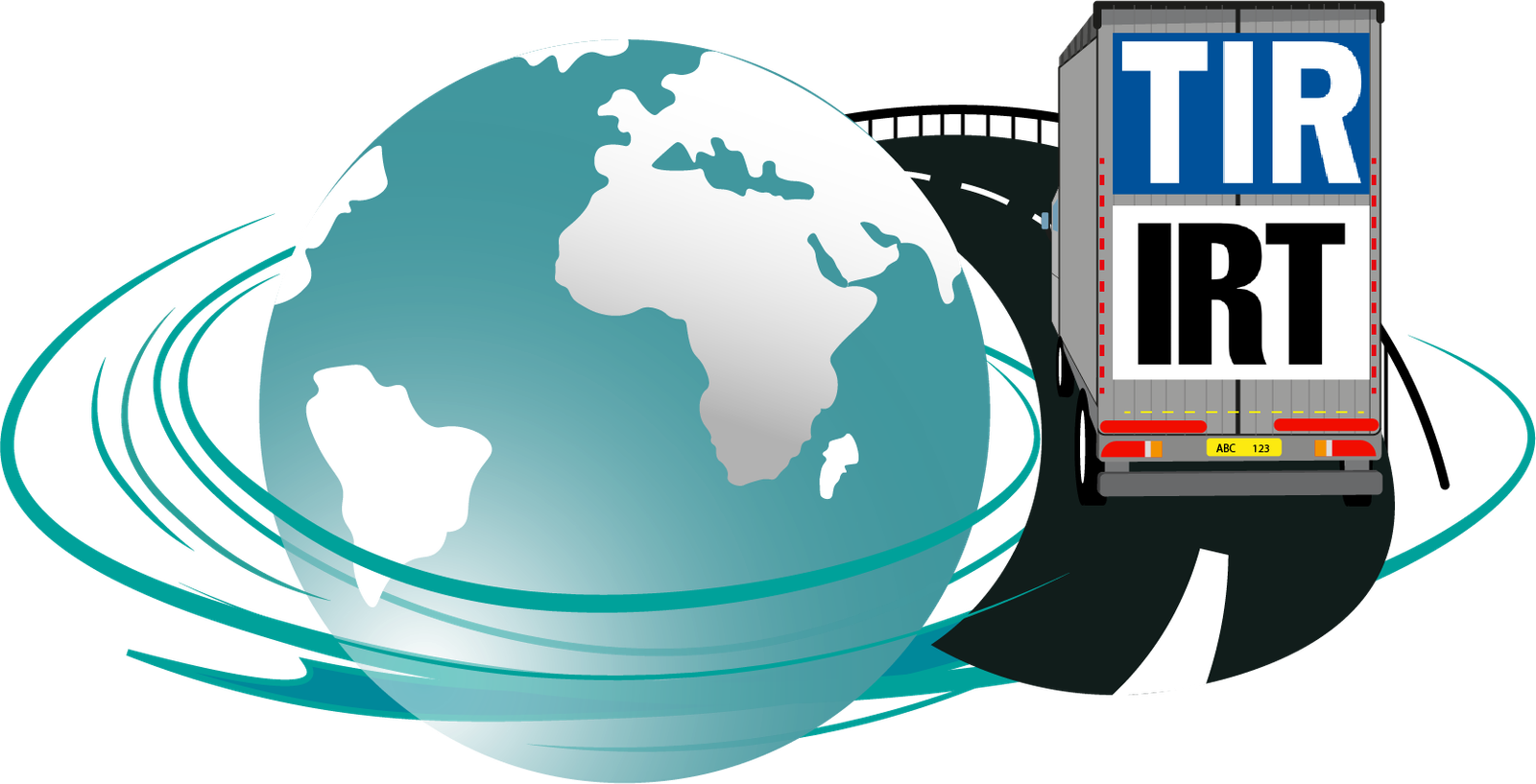In recent days, international attention has shifted toward escalating tensions in the Middle East following Israel’s decision to carry out a series of airstrikes in Iran. While the events themselves have triggered widespread reaction, this article aims to neutrally examine the motivations, regional context, and wider global impact—without placing blame or promoting any partisan stance.
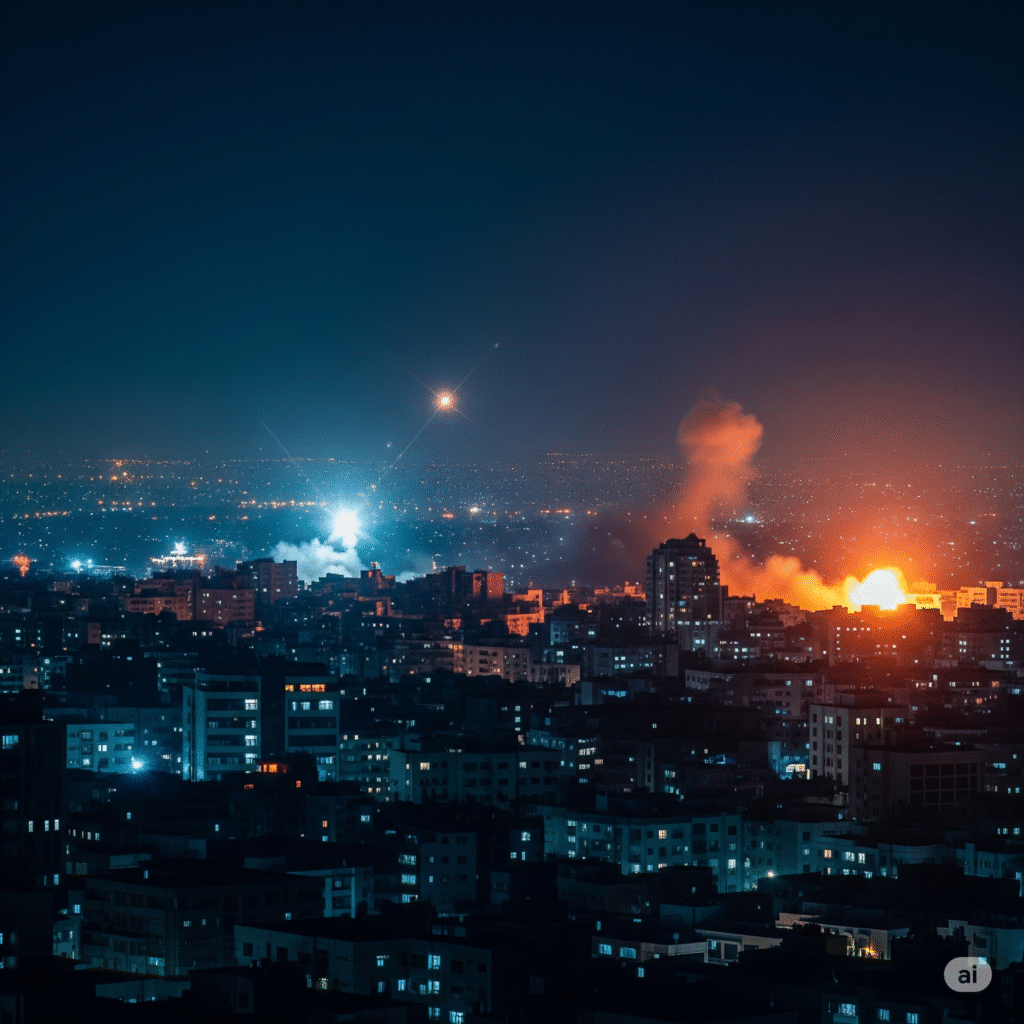
Strategic Concerns and National Security
Israel’s actions stem from long-standing security concerns regarding Iran’s regional influence and nuclear capabilities. Although Iran has repeatedly affirmed its position that it does not seek to develop nuclear weapons, Israel has expressed apprehension about Iran’s growing technological capabilities and its partnerships with regional groups. These concerns have been central to Israeli security policy for over two decades.
Prime Minister Benjamin Netanyahu stated on June 13, 2025, that the recent actions would continue “as long as necessary,” underscoring Israel’s intent to neutralize what it sees as emerging threats. Observers note that the operations appeared to be limited and targeted in nature, focusing on strategic military and governmental personnel.
Regional Dialogue and Diplomatic Layers
The broader context of this situation includes sensitive diplomatic efforts between Iran and several global powers, particularly the United States, focused on the future of Tehran’s nuclear programme. While no direct link has been confirmed, some analysts believe the timing of recent developments may be associated with efforts to influence negotiations or prevent a perceived shift in regional balance.
Both Israel and Iran play important roles in the Middle East. Any shift in their relationship or posture inevitably has ripple effects that extend beyond their borders, influencing global oil markets, trade routes, and diplomatic alignments.
Global Reactions and Balanced Engagement
The international community has responded with a mixture of caution and calls for de-escalation. Governments and organizations have urged all parties to exercise restraint and to return to diplomatic solutions. Within this complex atmosphere, neutrality and constructive engagement remain essential. The focus for many global institutions has been on dialogue, economic cooperation, and promoting regional stability without taking sides.
Strengthening Trade Connectivity Amid Tensions
While political tensions dominate headlines, efforts to support peaceful development through trade continue. A prime example of this is the role of the International Road Transport Chamber of Pakistan (IRTCoP), which has been working steadily to promote the TIR (Transports Internationaux Routiers) license framework.
By enabling secure and simplified cross-border road transport, the TIR system enhances regional and international connectivity. IRTCoP’s initiatives are helping Pakistani logistics companies participate in global trade more efficiently. In a time of geopolitical uncertainty, trade corridors built on trust and standardized practices serve as bridges between regions, fostering economic cooperation and mutual benefit.
Conclusion
The current developments between Israel and Iran are shaped by deep-rooted strategic calculations, diplomatic complexities, and security priorities. Rather than focusing on conflict, it is important to support mechanisms—like trade, dialogue, and international cooperation—that contribute to long-term peace and stability.
As the world watches closely, institutions like IRTCoP demonstrate that even amid uncertainty, constructive progress through economic integration and responsible transport frameworks can still move forward.



